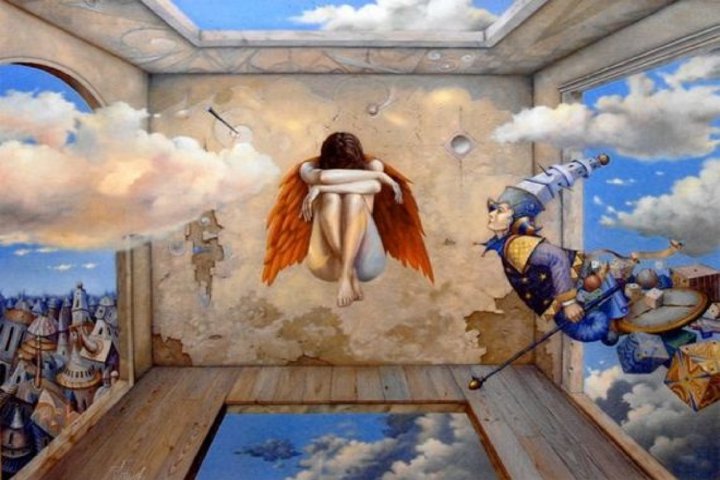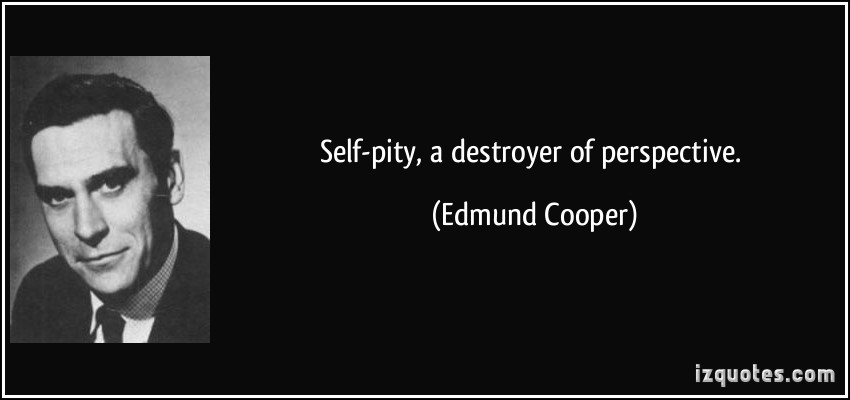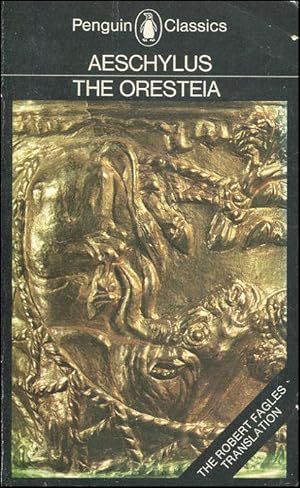
Yesterday was kind of a downer for me. This Saturday’s wedding has no music planned but “Married Life” from the movie, “Up.” When I asked about hymnody the curate shot me down. Fuck it. Jen’s out of town. I haven’t discussed last Saturday’s wedding with anyone but Eileen. To watch two young priests turn away from my own understanding of sung prayer in the Episcopal church is dispiriting but not surprising, i guess.

Then my Mom wimped out on her neurologist appointment. I say she wimped out, but she did actually have diarrhea. The problem I have with this is back during her mental troubles, I had to force her to go to the doctor, yelling at her and trying to get her to shower and dress in time to make an appointment. She was a bit cantankerous yesterday in addition to not feeling well. She told me she didn’t want to go to the doctor again. I sat on her bed and rescheduled her appointment for next Tuesday.

By this time I was feeling sorry for myself I guess. Eileen was off taking her friend Barb to the Physical Therapist. I stopped off at church and practiced for the fuck of it. It was a good idea. After playing a couple of large Bach pieces I kind of know I felt a bit better.

This morning I got the idea to check and see how Greek tragedy relates to Homer and discovered the Orestes trilogy by Aeschylus sitting next to my chair. In his introductory essay, “The Serpent and the Eagle,” Robert Fagles, the translator, grabbed my imagination on several fronts.

He talks about Aeschylus consciously building on the great Homer stories. “Slices of the banquet of Homer,” is the phrase he attributes to Aeschylus. And the three extant plays in the tetralogy are about the family of Agamemnon who is an important character in the Iliad and Odyssey. The famous “wrath of Achilles” which begins the Iliad is directed at Agamemnon.

In the tetralogy, Agamemnon’s son, Orestes, and his wife, Clytaemnestra, kill Agamemnon.

But even more interesting to me, is how Fagles points out Aeschylus was consciously moving his story from “primitive ritual to civilized institution[s].”

Aeschylus manages to unravel the rituals of the dying god (Dionysus), the hero cult, and the legal trial. He links these to the plot of his story in ways that surprise me. The audience would have understood the plays as rooted in their rituals. In fact, the distinction in Greek tragedy between ritual and drama is not clear. Fagles compares it to the performance of the Passion Plays in Christian history.

This fascinates me. When Fagles writes that Aeschylus turns ritual into art, I resonate with the idea, being a church musician. The line between prayer/ritual and art is an unclear one for me. And I value the ambiguity. I am planning to read further in the Orestes trilogy. The fourth play, a comic one, is lost. There is an interesting movement in the three extant plays. The death of Agamemnon at the hands of his family members in the first play… Orestes goes mad in the second one…

and the final play is about the transformation of the Furies who seek to avenge the violation of the filial code of Agamemnon’s death at the hands of son into a redemptive institution, from “curses to righteous causes,” the Eumenides.)

Tomorrow I think I might write about how ideas can outlast many a concrete human endeavor, or as Fagles puts it, the paradox of the “durability of marble and the fragility of papyrus.” This seems to me to be connected to the ephemeral nature of digital information. But I need to think on it a bit.
